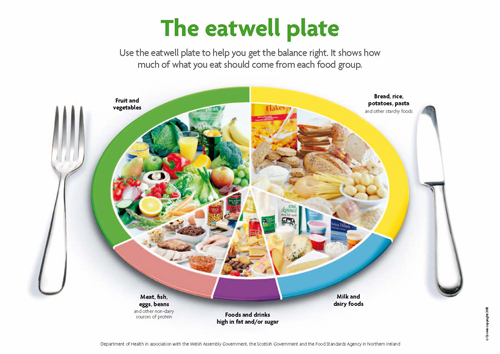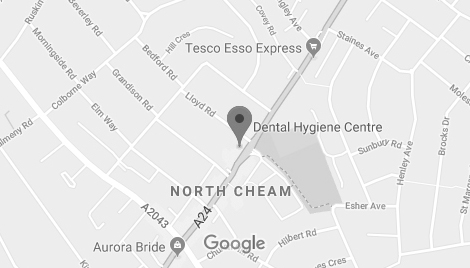Four steps to a lifetime of good oral health
- 2 minutes brushing in the morning
- Enjoy mealtimes with a balanced diet
- 5 minutes brushing & flossing at night
- Make regular visits to your dentist
At least 2 minutes in the morning. Brush your teeth using a fluoride toothpaste. Also gently brush your gums and tongue

5 minutes at night. Brush your teeth for at least 2 minutes using a fluoride toothpaste, gently brush your gums and tongue, and clean between teeth using dental floss or an interdental brush.
 Enjoy mealtimes with a balanced diet. Eat less sugary foods & drinks (and aim for none between meals!) and don't smoke
Enjoy mealtimes with a balanced diet. Eat less sugary foods & drinks (and aim for none between meals!) and don't smoke
Arrange regular visits to your dentist. So that your dentist can deal with any problems earlier and your hygienist can help you keep your teeth & gums in best condition possible.
Answers to help you maintain your oral health
You say I need to brush between my teeth?Absolutely. As you get older, and your gums need more help to stay in good shape, it's as important to clean between the teeth as to brush the surfaces you can see.
British Society of Periodontology have pointed out in their August 2016 press release that the recommendation from the 11th European Workshop on the prevention of gum diseases (2015) to patients is: "Daily cleaning between your teeth using special interdental brushes is essential for treating and preventing gum disease. Floss is of little value unless the spaces between your teeth are too tight for the interdental brushes to fit without hurting or causing harm."
What are interdental brushes?They are very small, single-prong brushes specially designed to clean between teeth.
How do I use interdental brushes?The best way to learn a good technique is to have your dental hygienist demonstrate. She'll recommend the right size for you – they come in a variety of thicknesses, because the gaps between people's teeth vary - and show you the best way to use them for maximum effectiveness.
Where you need to floss, your dental hygienist will show you the correct way to guide the floss gently up and down against the sides of each tooth, down to the gum line. This will also help to get rid of any trapped food scraps.
When you first start flossing or using interdental brushes, there's a good chance your gums will bleed slightly. But this should stop after a week or so. If it does not, please come and see us for check-up and advice.
Any suggestions for toothpaste?Look for fluoridated toothpaste with at least 1,350ppm fluoride. Some toothpastes also contain triclosan (in combination with copolymer or with zinc citrate) and evidence suggests this is more effective in helping control plaque.
What's the problem with sugary foods and drinks?Sugar reacts with the bacteria in your mouth to produce acid, which attacks your tooth enamel. The more – and the more often – the greater the damage.
Chewing sugar-free gum for 10 minutes or so after your meal can help, encouraging saliva which helps neutralise the acidity. Even a freshwater rinse or occasionally a mouthwash can also help, for the same reason - but they are no substitute for traditional toothbrush cleaning.
Chlorhexidine mouthrinses (either 10 ml of 0.2% or 15 ml of 0.12%) can be effective in improving plaque control and are helpful when used for short periods (such as during times when it is difficult to clean properly your teeth).
ADDITIONAL SOURCES OF INFORMATION & GUIDANCE
A balanced diet?A healthy balanced diet is one we enjoy and will include foods from all the major food groups – "The eatwell plate" below illustrates this. This eatwell plate and more information about opting for the healthier choice can be obtained from https://www.nhs.uk/Livewell/Goodfood/Pages/Healthyeating.aspx
 Quit smoking?
Quit smoking?
The NHS provides guidance and help to those who wish to quit smoking. https://www.nhs.uk/smokefree will help you locate your local NHS Stop Smoking Service
Concerned about alcohol?National Drinkline on 0800 917 8282 can put you in touch with local support service




